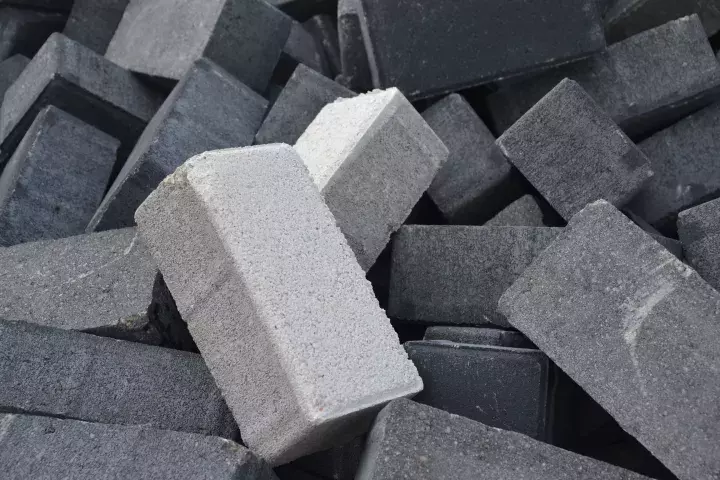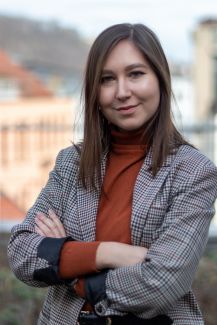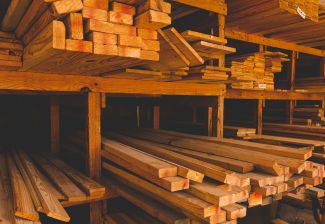
Since the counterfeiting of building materials has spread widely in the EAEU market, the list of products requiring EAC certification is being expanded for later export to the EAEU countries.
So far, measures have been taken against counterfeiting of building materials such as cement and dry mortar based on cement and plaster of paris. The reason for the frequent counterfeit products is that the poor quality of these building materials can only be determined under laboratory conditions or only after some time, when the destruction of the cement stone begins or this is prescribed within 28 days.
Thanks to the mandatory EAC certification of cement introduced in 2016, the number of counterfeit products on the market has decreased from 18% in 2015 to 8% in 2019, according to the Union of Cement Manufacturers in Russia. According to the Russian Ministry of Industry and Trade, this measure drove up to 60% of counterfeit cements off the market. An EAC declaration has been introduced for dry mortar. So that the manufacturers do not falsify the information provided by radiators, EAC certification has also been introduced for them. The bottom line is that there are virtually no counterfeit radiators on the market, according to the Ministry of Industry and Commerce. In addition, the EAC declaration for thermal insulation materials was introduced.
In order to further reduce product counterfeiting, the list of building materials that are subject to conformity assessment will be expanded this year. The list should primarily be supplemented with such goods as concrete products, paving stones, pipes.


